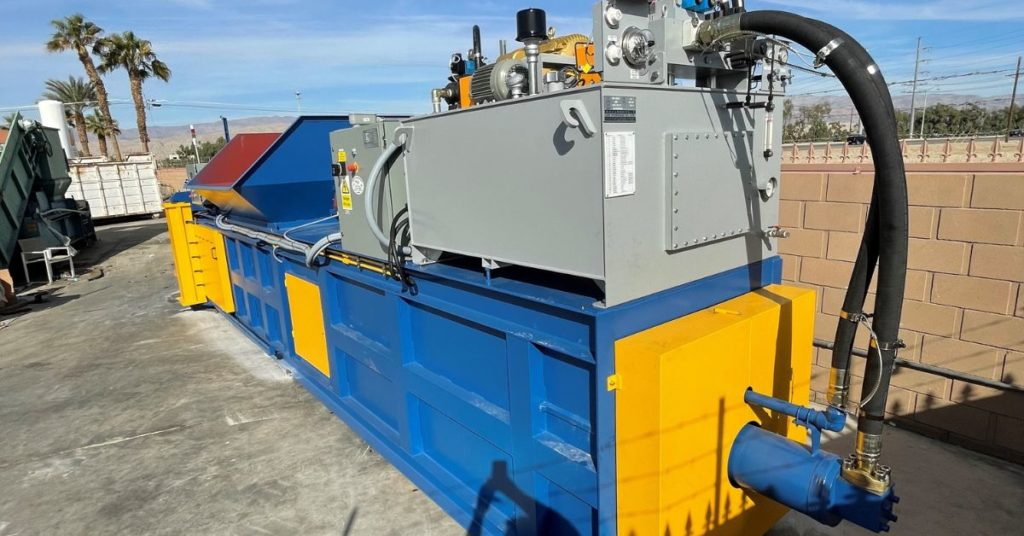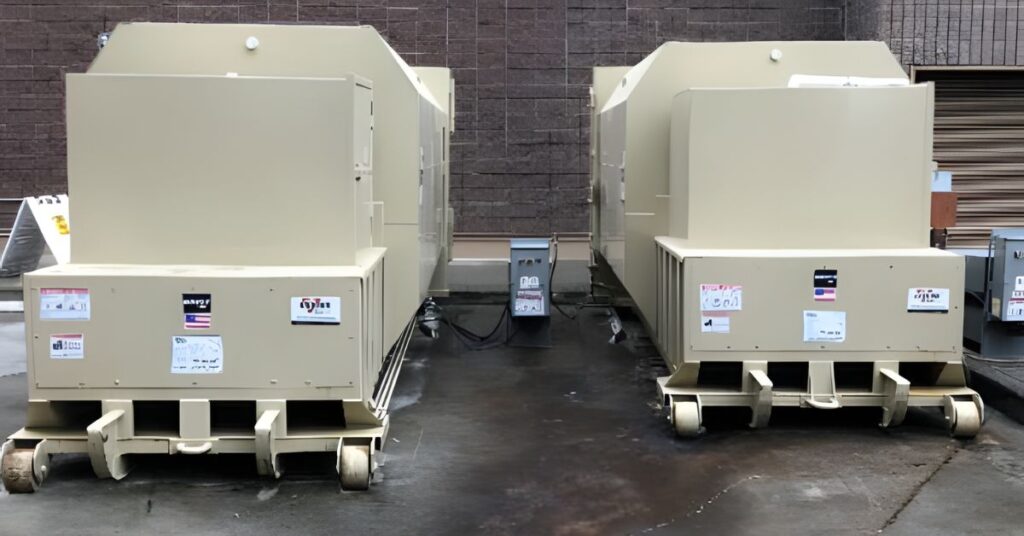Baling machines have revolutionized waste management and recycling processes by compacting materials into manageable bales for transport and storage. However, improper use of these machines can lead to machinery damage, safety hazards, and inefficient waste processing.
Learning about the things that should never go in a baler is crucial for ensuring its effective and safe operation. With this information, you can avoid potentially dangerous consequences for the machinery and the operators involved in waste processing.
Soft Plastics
While some types of plastic can go in balers, soft plastics, like plastic bags and bubble wrap, should never make their way into these machines. Unlike rigid plastics, soft plastics can jam the baler and disrupt its operations. They may also not form proper bales, leading to an inefficient recycling process and increased costs. For best practices, always take soft plastics to designated recycling facilities that can handle them independently.
Hazardous Waste
One of the most critical categories of materials to avoid putting in a baler is hazardous waste, which includes items such as batteries, chemicals, medical waste, and certain electronic products. These materials contain toxic substances that can pose significant safety and environmental risks. When placed in a baler, hazardous waste can potentially leak or ignite, leading to fires, explosions, or exposure to harmful chemicals. It is essential to follow local regulations regarding the disposal of hazardous waste and seek proper treatment options instead of attempting to compact them with a baler rental.
Wet or Damp Materials
Another critical item to avoid is wet or damp materials. This category includes food waste, wet cardboard, or anything containing moisture. Introducing moisture into the baling process can compromise the integrity of the bales. Wet materials can obstruct the baler’s mechanisms, leading to malfunctions that could completely damage the internal mechanisms. Ensure materials are dry before feeding them into the baler to maintain accurate equipment performance.
Large or Unmanageable Items
Do not place large or oversized items in a baler. These may include furniture, large appliances, or oversized boxes that exceed the baler’s size capacity. Attempting to compact such items can lead to mechanical failures and pose safety risks for operators. Consider alternative methods for disposal or recycling of larger items, such as contacting local recycling centers or waste management services equipped to handle them.
Using a baler can significantly enhance recycling and waste management processes, but it is critical to recognize the items that you should never include. By avoiding hazardous waste, soft plastics, wet materials, and large items, you can ensure the safe, efficient operation of your baler while adhering to best practices. If your business needs a reliable baler rental for your waste management needs, always consult experts to ensure you are making informed decisions that protect the equipment and the environment. By understanding these guidelines, you contribute to a safer and more efficient recycling effort, leading to a positive impact on the environment.


